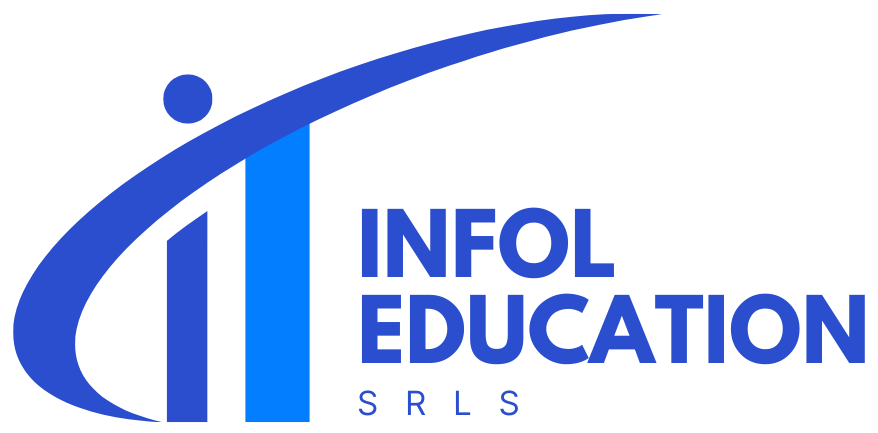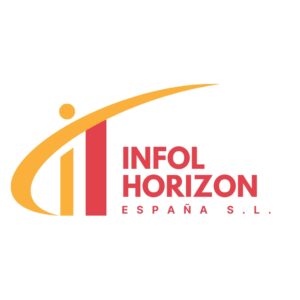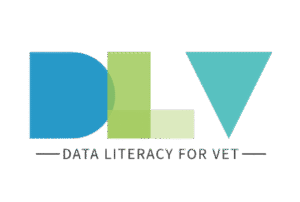DESCRIPTION
The course will combine theoretical understanding with practical exercises, role-playing, and real-life scenario analyses to ensure participants gain both knowledge and hands-on experience.
Participants will explore:
- The nature and dynamics of conflict within educational contexts.
- Various conflict resolution frameworks and their application.
- The development of self-awareness and emotional intelligence to better manage personal reactions and facilitate conflict resolution.
- Effective communication techniques, including active listening and non-verbal cues, to prevent and resolve conflicts.
- Strategies for managing difficult conversations and de-escalating potential conflicts.
- Mediation techniques and problem-solving models to find mutually beneficial solutions.
- Ways to integrate conflict resolution skills into daily teaching practices and the broader school culture.
- Case studies and best practices from successful conflict resolution programs in other educational settings.
By focusing on these areas, the course aims to empower educators to handle conflicts confidently and constructively, leading to a more harmonious and effective educational environment.
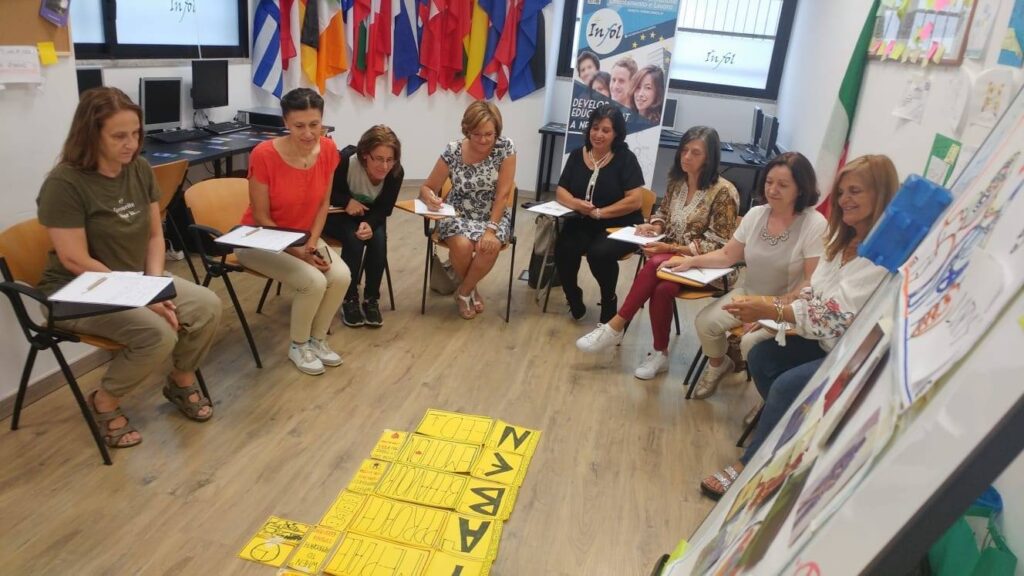

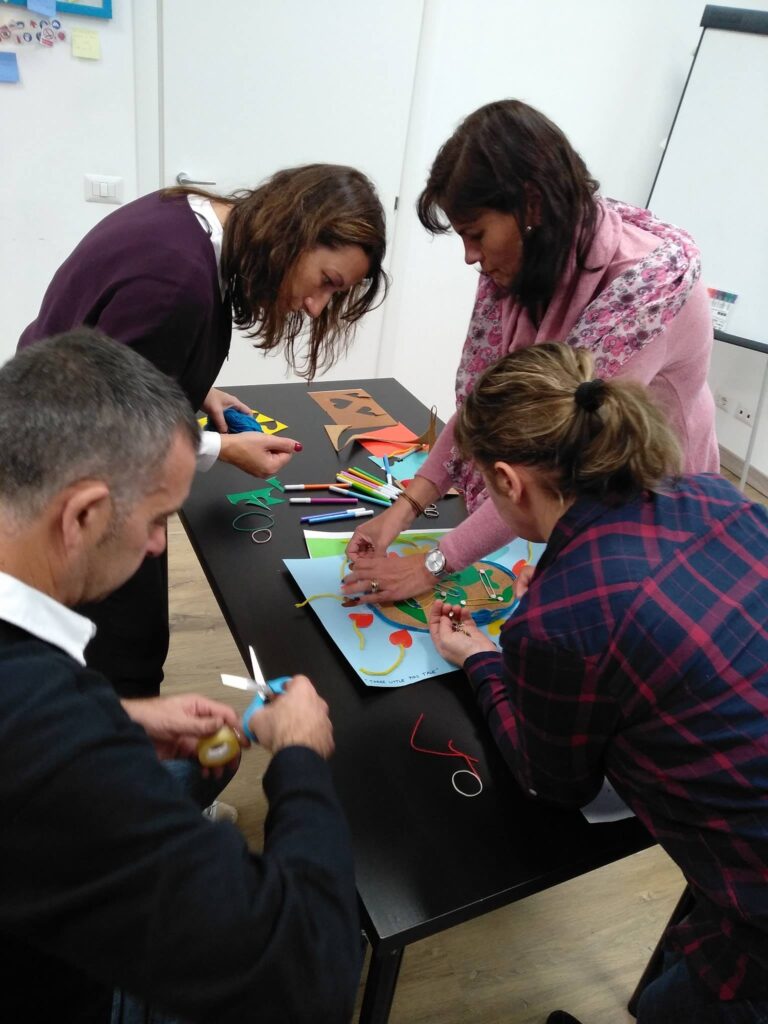
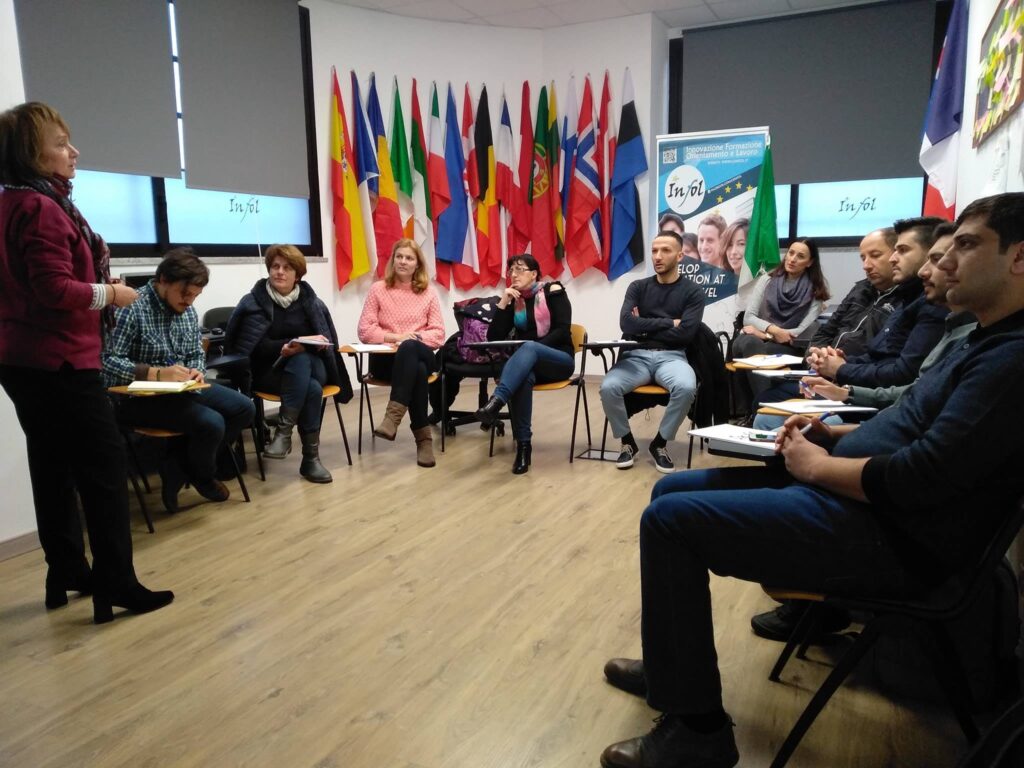
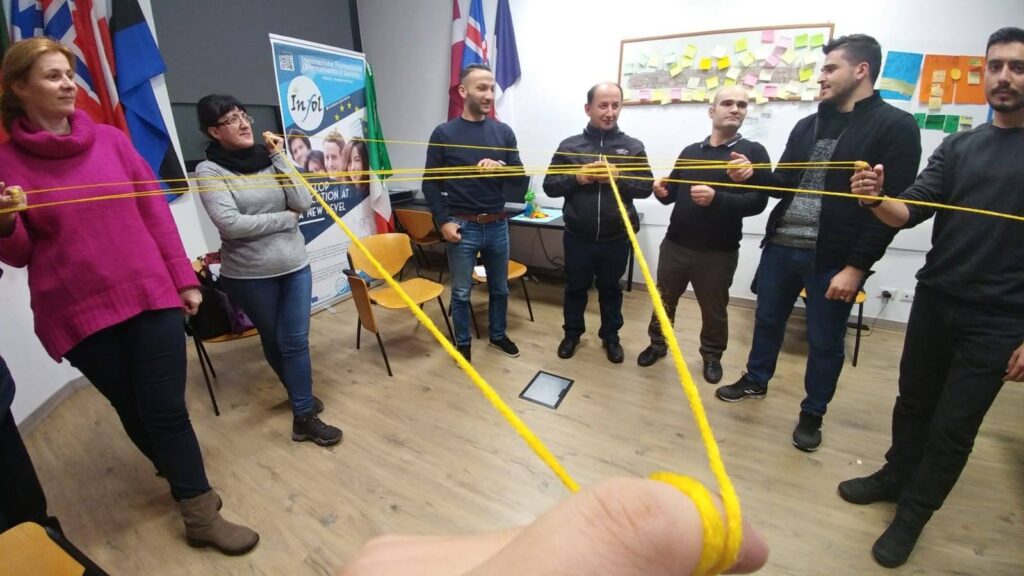
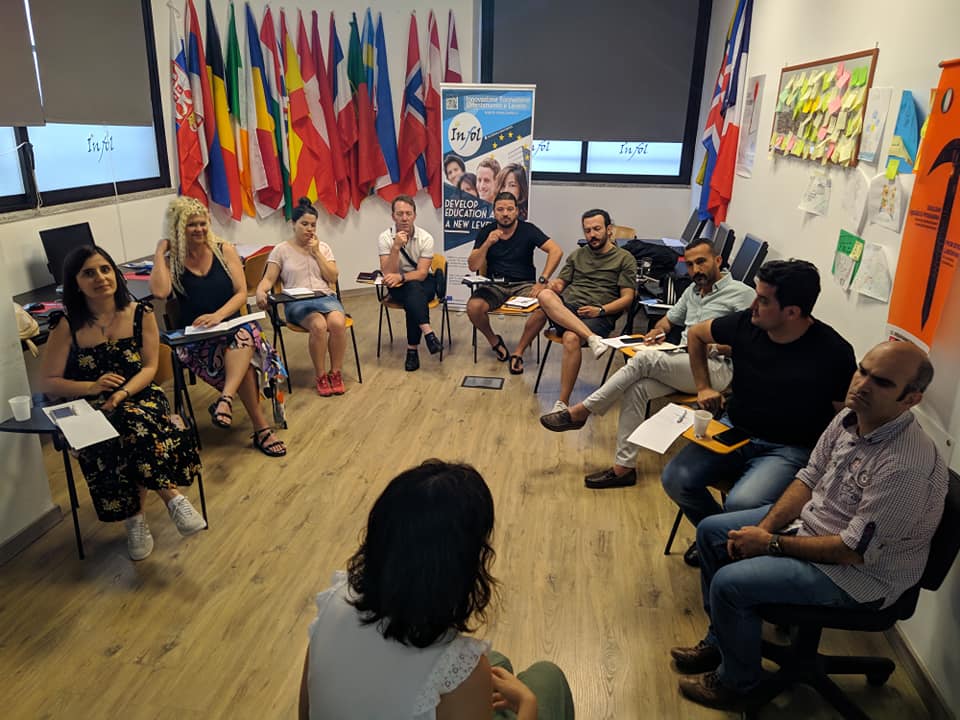
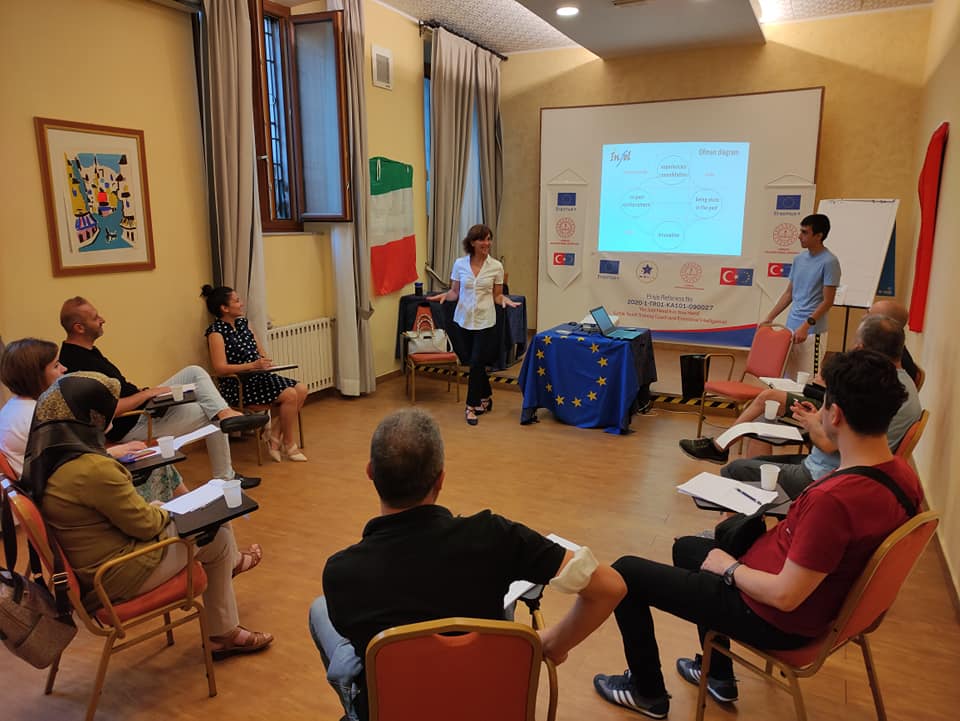
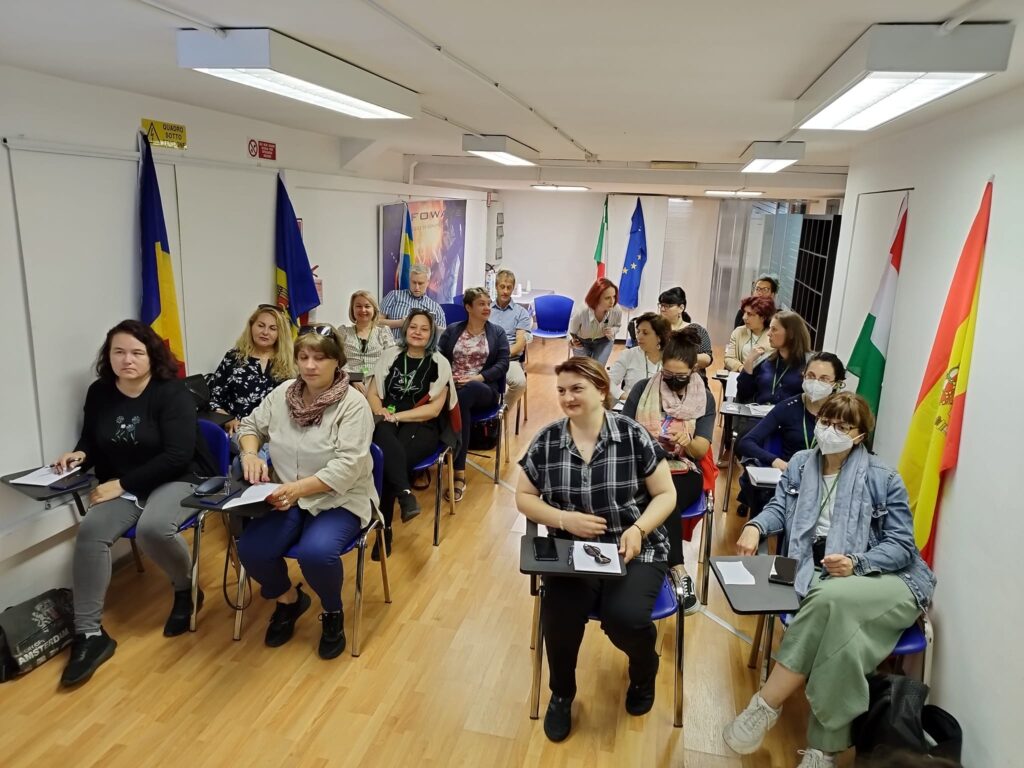
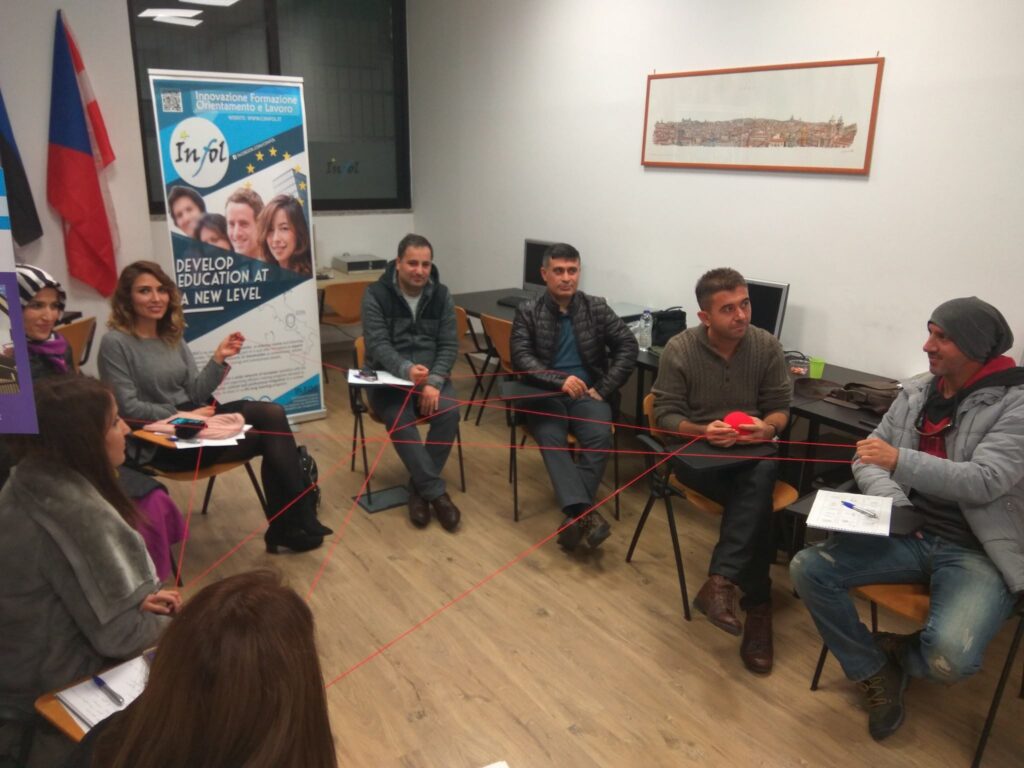
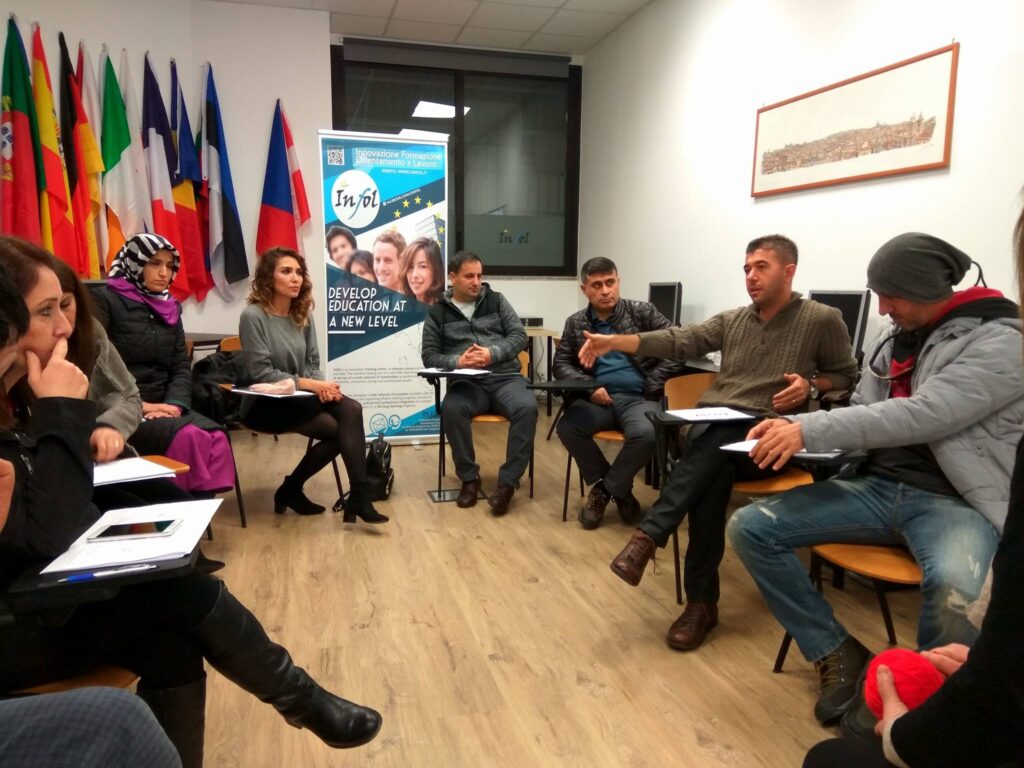
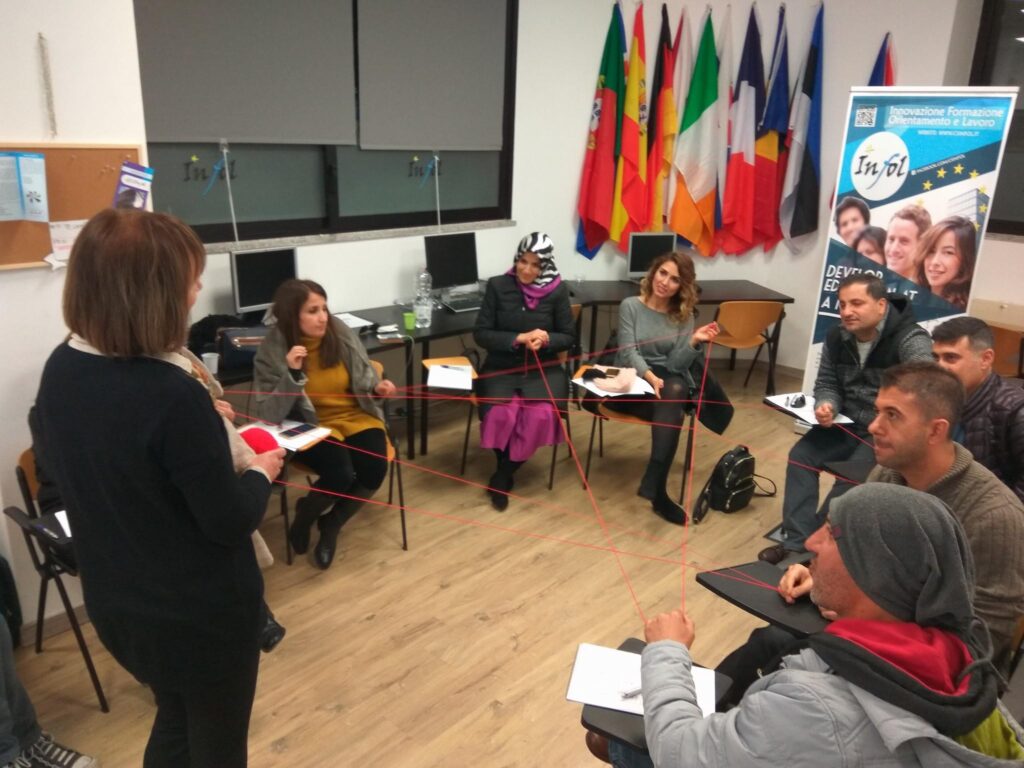
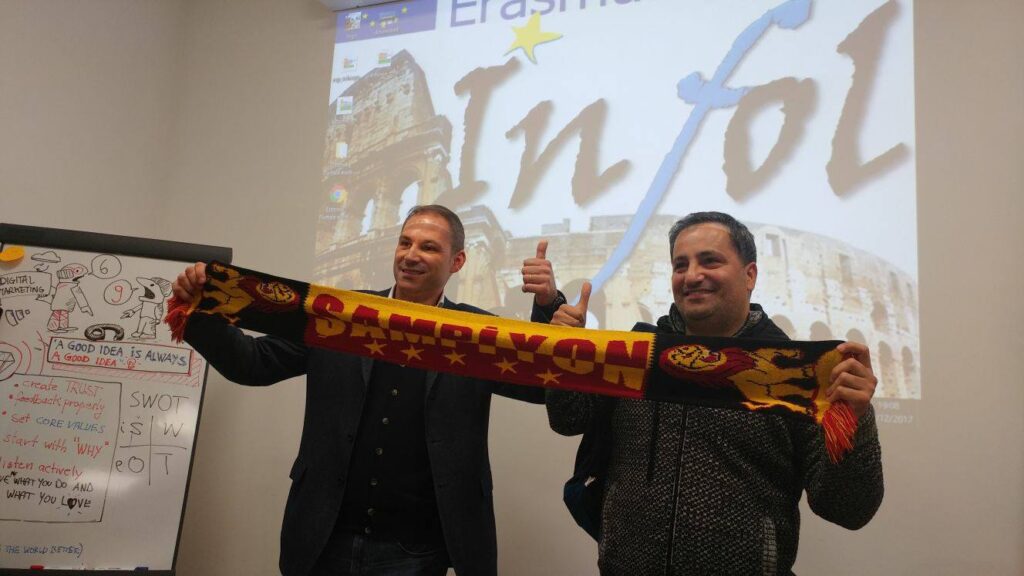
Contents and learning outputs
Day 1: Introduction to Conflict Resolution
Session 1: Welcome and Course Overview
- Introduction to the course structure, objectives, and outcomes.
- Ice-breaking activities and introductions.
Session 2: Understanding Conflict
- Definition and types of conflict.
- Causes and effects of conflict in educational settings.
Session 3: Conflict Resolution Theories and Models
- Overview of key theories and models in conflict resolution.
- Application of these models in educational contexts.
Day 2: Communication Skills for Conflict Resolution
Session 1: Effective Communication Techniques
- Active listening, empathy, and assertiveness.
- Non-verbal communication and its impact on conflict resolution.
Session 2: Role-Playing and Simulations
- Practical exercises to demonstrate and practice communication skills.
- Role-playing common conflict scenarios in schools.
Session 3: Reflective Practice and Group Discussion
- Reflection on role-playing exercises.
- Group discussion on challenges and learnings.
Day 3: Mediation and Negotiation Skills
Session 1: Introduction to Mediation
- Principles and stages of mediation.
- The role of the mediator in educational settings.
Session 2: Negotiation Strategies
- Techniques and strategies for effective negotiation.
- Win-win approaches in resolving conflicts.
Session 3: Case Studies and Practical Application
- Analysis of real-life case studies.
- Group exercises to practice mediation and negotiation.
Day 4: Conflict Resolution in Diverse Educational Settings
Session 1: Cultural Sensitivity and Inclusivity
- Understanding cultural differences in conflict resolution.
- Strategies for fostering an inclusive environment.
Session 2: Dealing with Bullying and Harassment
- Identifying and addressing bullying in schools.
- Intervention and support strategies for victims and perpetrators.
Session 3: Workshop: Developing Conflict Resolution Policies
- Collaborative development of conflict resolution policies for schools.
- Group presentations and feedback.
Day 5: Implementing Conflict Resolution Strategies
Session 1: Creating a Conflict-Positive School Environment
- Building a culture of peace and conflict positivity.
- Strategies for ongoing conflict resolution education.
Session 2: Action Planning
- Individual and group action planning for implementing learned skills.
- Setting personal and professional goals for conflict resolution.
Session 3: Course Evaluation and Certification
- Course evaluation and feedback session.
- Awarding of participation certificates.
Learning objectives
- Solve and reduce stress levels and develop the necessary abilities to manage emotions
- Overcome anxiety within the classroom
- Create strategies on how to deal with and eliminate violent or aggressive behaviour.
- Understand the causes of physical and mental health issues within the teaching profession.
- Improve interpersonal relationships within the education environment.
- Identify limiting and negative beliefs and transform them into positive and supporting ones
- Analyse bullying, aggressive behaviour and violence, physical and verbal.
- Introducing new tools and resources to apply in the classroom to create well-being – Reduce early school leaving
- To identify and share good practices that can be implemented at local level
- To improve participants’ competence and performance in English
20/24/28/40 hours
Course location: Infol – Innovation Training Orientation and Employment
Site: Rome, Athens
Number of days of training: 5/6/7/10
Lesson time: 4 hours
Language of instruction: English , French, Turkish, Italian, Spanish,Bulgarian, Romanian.
Participation fee:send mail to [email protected]
Methodology
The course will combine theory input and discussion with analysis of practical incidents with the purpose of finding out different possible solutions. The methodology used is mainly content-based language instruction (communication through specific content).Text discussion, oral presentation and discussion, role-playing, self- and meta-reflection, debating and group interaction will be the strategies more frequently used.
- Active methodologies
- Role playing
- Simulations
- New technologies
- Visits/workshops in educational institutions as schools, universities, educational centers, and companies
Certificates
- Europass Mobility
- Certificate of Attendance
Upcoming sessions
Location: Roma
- September 2024: Week 2 (September 9 – 13)
- October 2024: Week 3 (October 14 – 18)
- December 2024: Week 3 (December 16 – 20)
- January 2025: Week 4 (January 20 – 24)
- February 2025: Week 3 (February 17 – 21)
- March 2025: Week 4 (March 24 – 28)
- April 2025: Week 5 (April 28 – May 2)
- July 2025: Week 1 (June 30 – July 4)
- September 2025: Week 1 (September 1 – 5)
- November 2025: Week 1 (November 3 – 7)
- December 2025: Week 2 (December 8 – 12)
